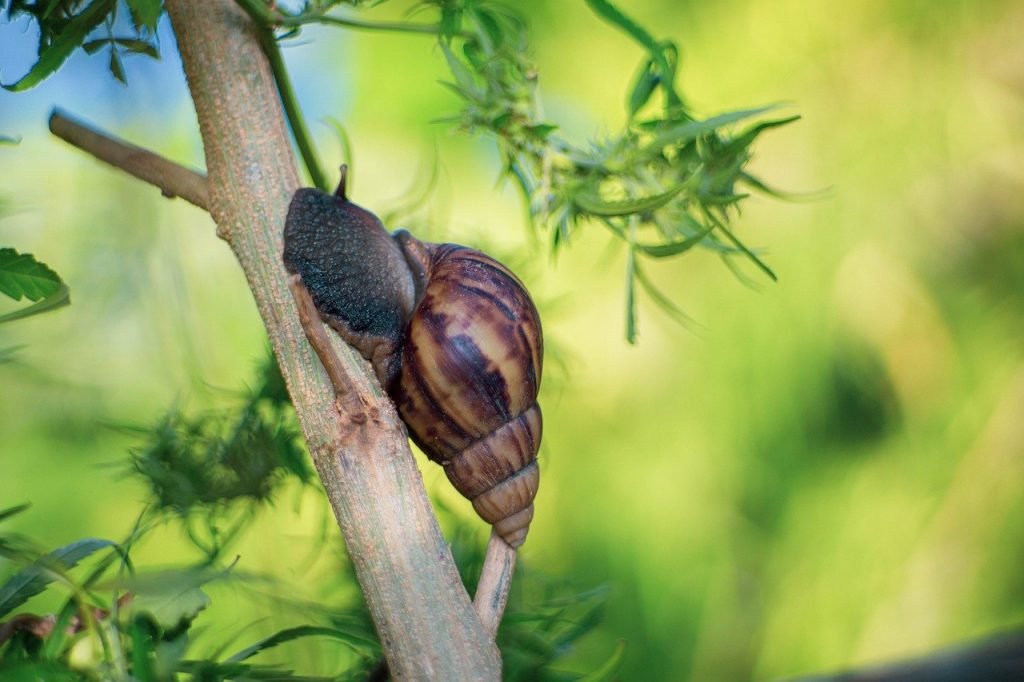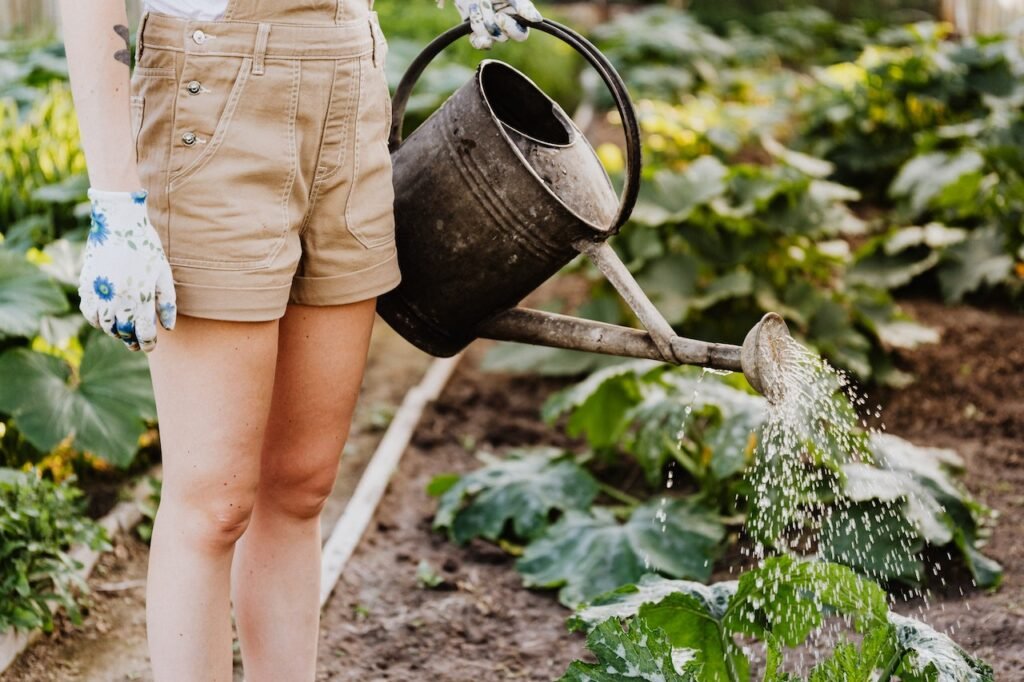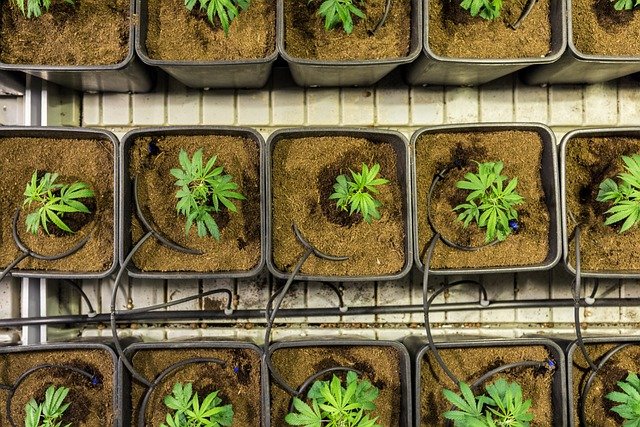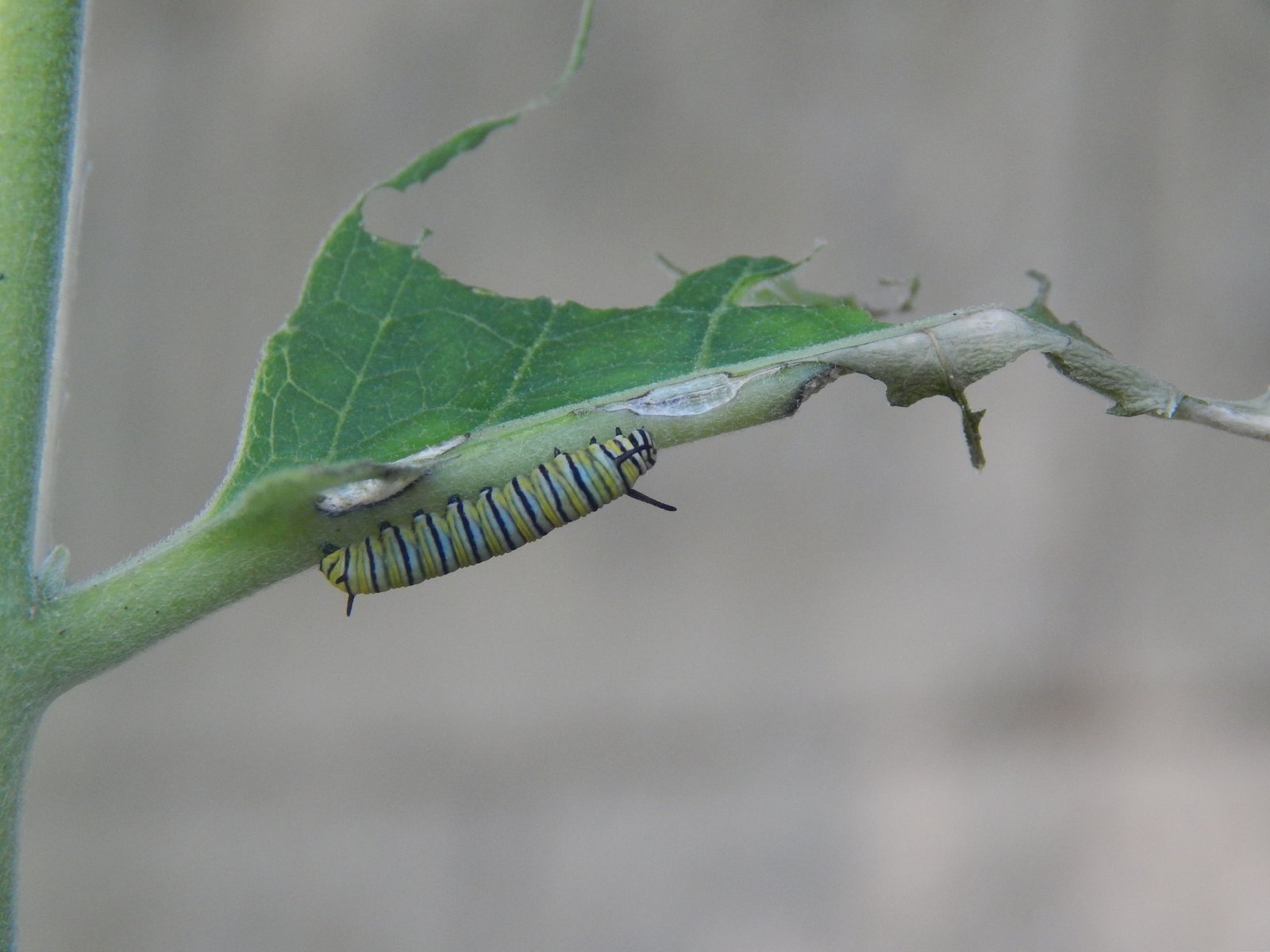Help! How to Eliminate Pests in my Garden Leave a comment
Eliminating pests in your garden can be a daunting task, especially if you’re not sure where to start. However, with a little bit of knowledge and some patience, you can keep your garden healthy and thriving by getting rid of pests that might damage your plants. Here are some tips on how to eliminate pests in your garden:
Identify the pest
The first step in eliminating pests from your garden is to identify the type of pest that is causing the problem. Different pests require different treatments, so it’s important to know exactly what you’re dealing with. Some common pests that you might encounter in your garden include:
Aphids: small, soft-bodied insects that suck the sap from plants
Caterpillars: the larval stage of moths and butterflies that feed on the leaves of plants
Slugs and snails: molluscs that can eat holes in leaves and stems
Spider mites: tiny arachnids that can cause leaves to turn yellow or brown and fall off
Whiteflies: small, winged insects that feed on the undersides of leaves
To identify the pest, you can look for signs of damage on your plants, like holes in leaves, chewed stems, or discoloured foliage. You can also look for the pest itself, either by inspecting your plants closely or by using a sticky trap.
Once you’ve identified the pest, you can choose the appropriate method for eliminating it.

Use natural methods
There are a variety of natural methods you can use to eliminate pests from your garden. These methods are typically less harmful to the environment and can be just as effective as chemical treatments. Here are some natural methods you can try:
Companion planting: planting certain types of plants together can help repel pests. For example, planting marigolds among your vegetable crops can help repel aphids and other pests.
Beneficial insects: introducing beneficial insects, like ladybugs and praying mantises, can help control pest populations. These insects will feed on the pests in your garden, keeping their populations in check.
Diatomaceous earth: this is a powdery substance made from the fossilized remains of diatoms. When insects come into contact with it, it dries out their exoskeleton and kills them.
Neem oil: this is an oil made from the seeds of the neem tree. It has insecticidal properties and can be used to control a variety of pests.
Insecticidal soap: this is a soap made from natural ingredients like potassium salts of fatty acids. It works by suffocating insects and can be effective against soft-bodied pests like aphids and spider mites.
When using natural methods, it’s important to remember that they may take longer to work than chemical treatments. However, they’re often safer for the environment and can be just as effective in the long run.

Remove affected plants
If the pest problem is severe and has already caused significant damage to your plants, it may be necessary to remove the affected plants entirely. This can help prevent the pests from spreading to other plants in your garden. It’s important to dispose of the affected plants properly to prevent the pests from returning. You can either burn the plants or put them in a sealed plastic bag and dispose of them in the trash.
Use insecticides as a last resort
Insecticides can be effective in eliminating pests, but they should only be used as a last resort. Chemical treatments can be harmful to beneficial insects and can even pose a risk to human health, so it’s important to use them carefully and only when necessary. If you do choose to use insecticides, be sure to follow the instructions carefully and use them sparingly. Some tips for using insecticides safely include:
- Choose an insecticide that is specifically designed for the pest you’re trying to eliminate.
- Wear protective clothing, including gloves and a mask, when applying insecticides.
- Apply the insecticide in the early morning or late evening when beneficial insects are less active.
- Avoid spraying insecticides on windy days to prevent the spray from drifting onto other plants or areas.
- Use insecticides sparingly and only as a last resort.
Practice good garden hygiene
Practicing good garden hygiene can help prevent pest problems from occurring in the first place. Some ways to maintain good garden hygiene include:
- Remove dead and diseased plants promptly to prevent pests from taking up residence.
- Keep your garden free of weeds, as they can harbour pests.
- Regularly clean and sanitize your gardening tools to prevent the spread of disease and pests.
- Rotate your crops each year to prevent the build-up of pest populations in the soil.
- Use mulch to help retain moisture and discourage pests from laying eggs in the soil.

Use physical barriers
Physical barriers can be an effective way to keep pests out of your garden. For example, you can use row covers to prevent insects from getting to your plants. These covers are made from lightweight fabric and allow sunlight and water to pass through while keeping pests out.
You can also use netting or fencing to keep larger pests, like rabbits or deer, out of your garden. Be sure to choose a material that is strong enough to keep the pests out, and secure it firmly to prevent any gaps where pests can get through.
Consider natural predators
Introducing natural predators to your garden can be an effective way to control pest populations. For example, you can attract birds to your garden by putting up birdhouses or providing bird feeders. Birds will feed on insects like caterpillars and aphids, keeping their populations in check.
You can also attract beneficial insects like ladybugs and lacewings by planting flowers that they are attracted to, like daisies or sunflowers. These insects will feed on pests like aphids and mites, helping to keep their populations under control.
Stay vigilant
Keeping a close eye on your garden is one of the best ways to prevent pest problems from getting out of hand. Be sure to inspect your plants regularly for signs of pest damage, and take action as soon as you notice a problem. The earlier you catch a pest problem, the easier it will be to eliminate.
Practice crop rotation
Crop rotation is a technique where you plant different crops in different areas of your garden each year. This can help prevent the build-up of pest populations in the soil. For example, if you planted tomatoes in one area of your garden last year, plant a different type of vegetable in that area this year. This will prevent pests that feed on tomatoes from building up in the soil.

Consider hiring a professional
If you’re struggling to eliminate pests from your garden, consider hiring a professional pest control company. These companies can help you identify the pest and choose the best treatment method for your garden. They can also provide ongoing pest management services to help keep your garden healthy and pest-free.
By following these tips and staying vigilant, you can eliminate pests from your garden and keep your plants healthy and thriving. Remember to choose methods that are safe for the environment and use chemicals sparingly and only as a last resort. With a little bit of effort, you can keep your garden pest-free and enjoy a bountiful harvest!
Read more gardening tips!

